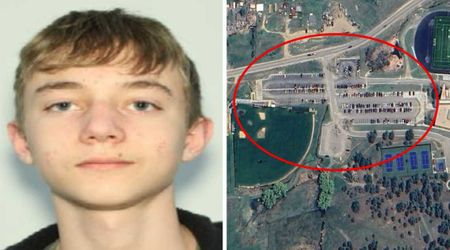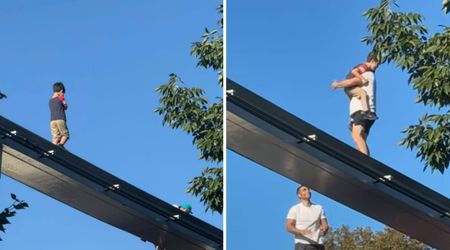Texas county where over 100 died in flood was denied funding to boost warning systems

KERR COUNTY, TEXAS: Nearly a decade before a catastrophic flood in South Texas claimed more than 100 lives, including at least 27 girls and staffers at Camp Mystic, the state reportedly had rejected repeated pleas for a stronger local flood warning system.
Authorities in Kerr County say they tried for years to secure federal funding for upgrades but were turned down by the Texas Division of Emergency Management.
Former County Commissioner proposed camp-based flood alert system
Records show county officials hoped the system would provide early alerts to summer camps and residents, especially in the flood-prone region dubbed “Flash Flood Alley”. But state officials declined grant requests, first in 2017 and again in 2018.
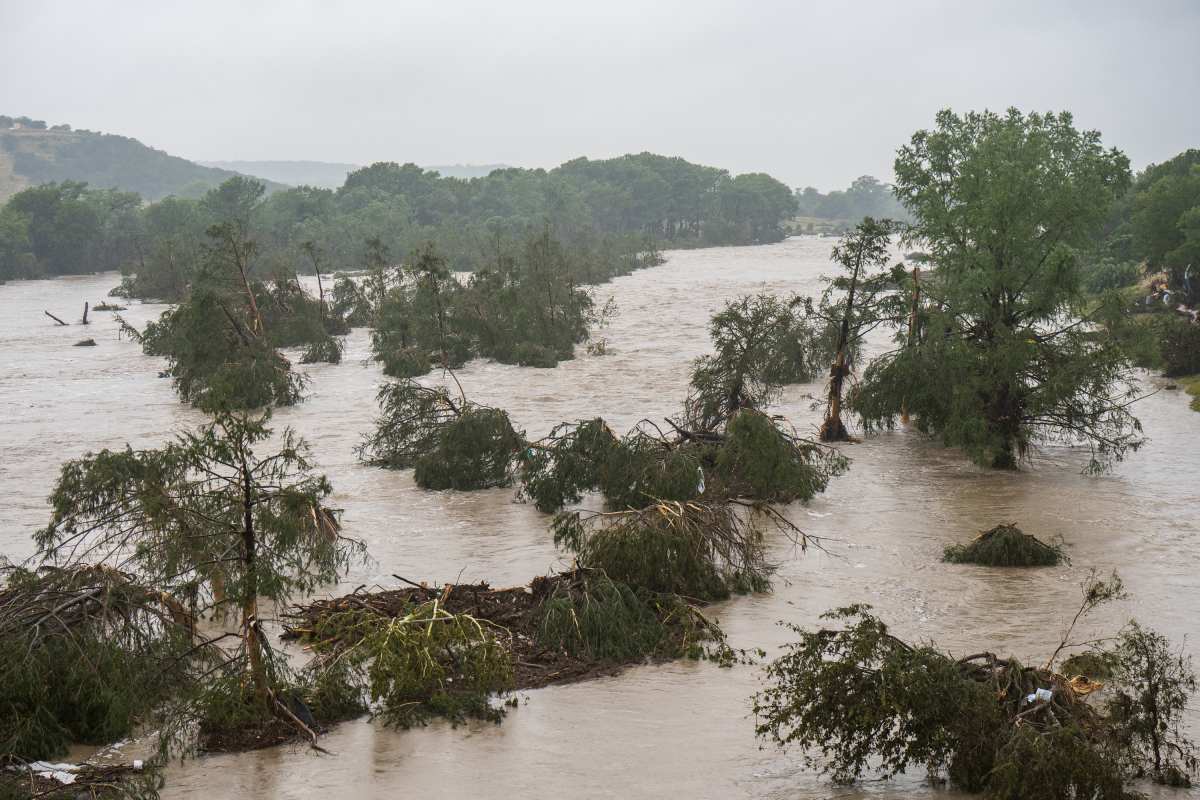
County leaders made the case for the system during meetings where summer camps were a major concern. Former County Commissioner Tom Moser proposed having “point people at each camp who would monitor a website and alert camp counselors and attendees if evacuation was needed,” according to meeting minutes, USA Today reported.
Kerr County had sought $1 million through FEMA’s Hazard Mitigation Assistance program to build a robust flood warning network. The project would have upgraded 20 water gauges, added new sensors, and created a public-facing website for real-time alerts.
But the state’s Division of Emergency Management denied requests for the grant, according to the report. The request followed after Barack Obama declared a major disaster in Texas after torrential rains killed 20 people, destroyed homes and businesses in 2016.
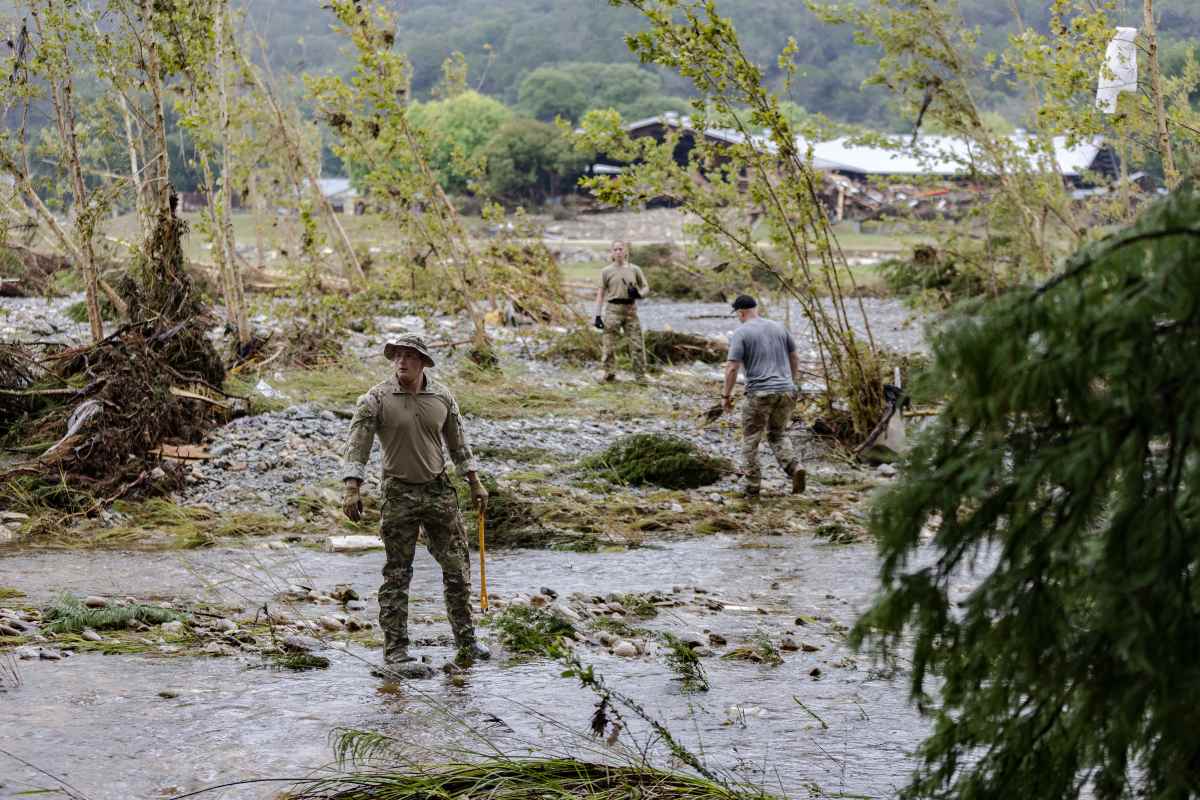
It unlocked more than $100 million in funding from the Federal Emergency Management Agency (FEMA) to both clean up the damage and help communities across the state prepare for future disasters.
While other counties used sirens, Moser noted many Kerr County residents opposed them. “We can do all the water level monitoring we want, but if we don’t get that information to the public in a timely way, then this whole thing is not worth it,” Moser said in a 2017 meeting.
State denied flood alert funding twice despite repeated applications
Meeting minutes show that the Texas Division of Emergency Management rejected Kerr County’s application in 2017. The county reapplied in 2018 after Hurricane Harvey led to increased federal funding, but records indicate the state agency denied the request once again.
Kerr County used CodeRed software to issue emergency alerts to phones, but officials said it wasn’t enough.
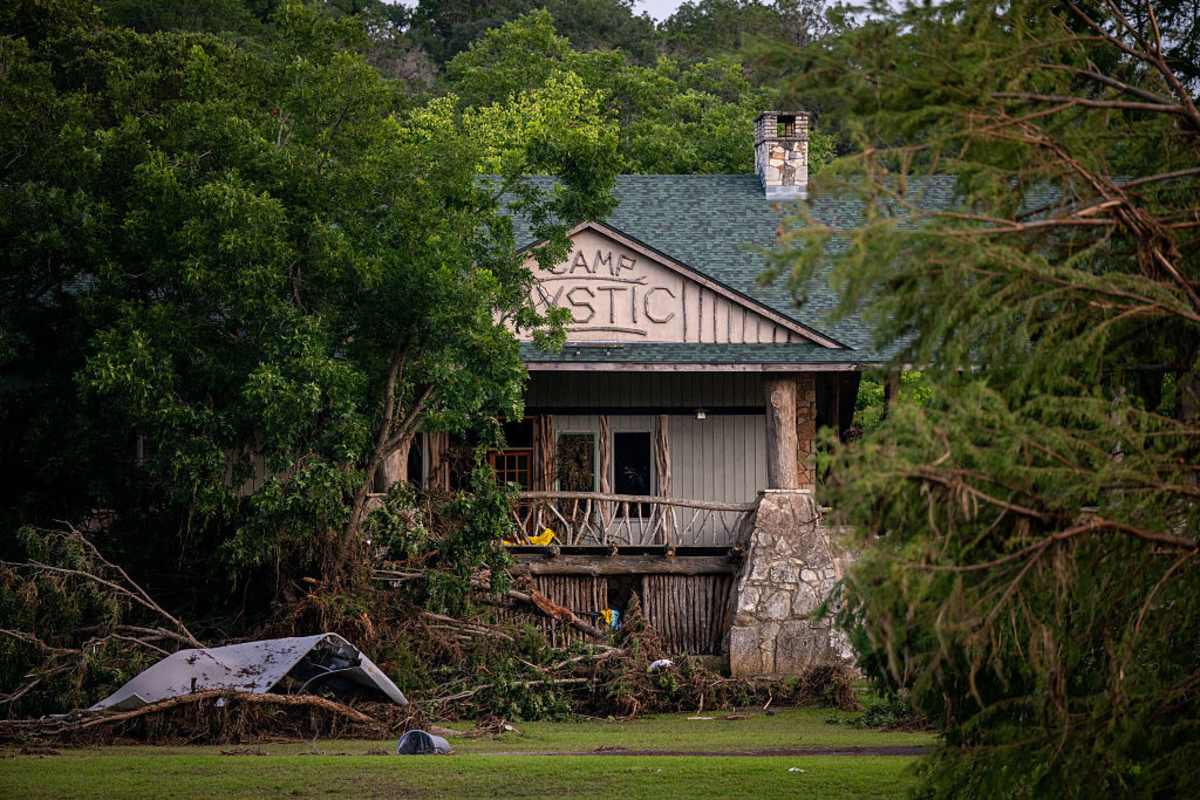
In 2020, the county tried to expand CodeRed by connecting it with FEMA’s Integrated Public Alert and Warning System. Still, it didn’t include the new sensors and web interface that the county had hoped for.
“We’ve been trying to get a new Flood Warning System here,” said emergency management coordinator Thomas during a 2020 meeting. “We just haven’t been able to do it.”
Rep Wes Virdell regrets vote against disaster response bill
More recently, Republican state Rep Wes Virdell, who represents Kerr County, expressed regret for voting against House Bill 13 a few months back.
The legislation that could have improved statewide disaster response and warning systems.
The Texas Tribune reported the bill failed in the Senate after being proposed in response to deadly wildfires in the Panhandle last year, where more than 1 million acres burned — including part of King’s property — and three people died.
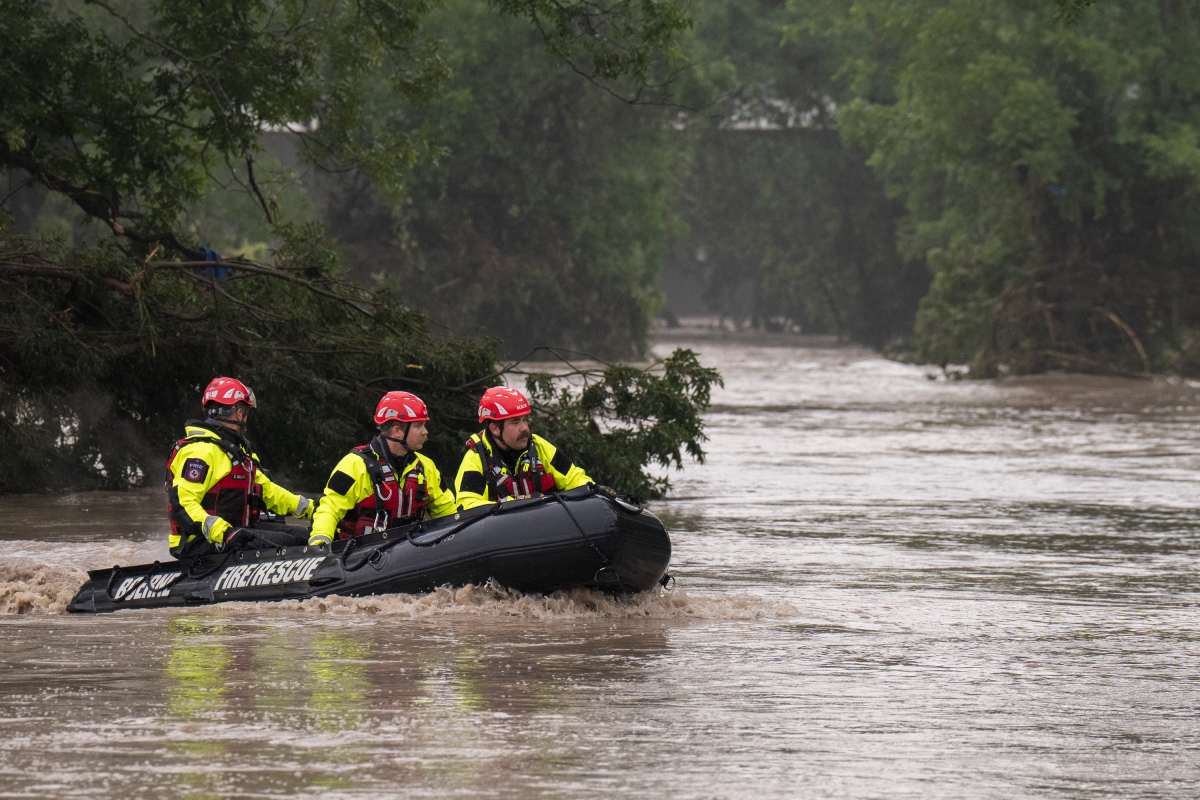
“I can tell you in hindsight, watching what it takes to deal with a disaster like this, my vote would probably be different now,” Virdell, a first-term lawmaker from Brady told the publication on Monday.
The bill would have funded emergency communication infrastructure, including sirens and alert systems.
Still, Wes Virdell questioned whether a warning system would have made a difference during the flood.

The Guadalupe River in Kerrville surged from 1 to more than 34 feet between 2 and 7 am, according to area gauges.
“I don't think there was enough evidence to even suspect something like this was going to happen,” he said.
“I think even if you had a warning system there, this came in so fast and early in the morning it's very unlikely the warning system would have had much effect.”
He added that he couldn’t recall the exact reason he voted against the bill, but guessed “it had to do with how much funding” was involved. The bill would not have gone into effect until September 1, after the flood.

